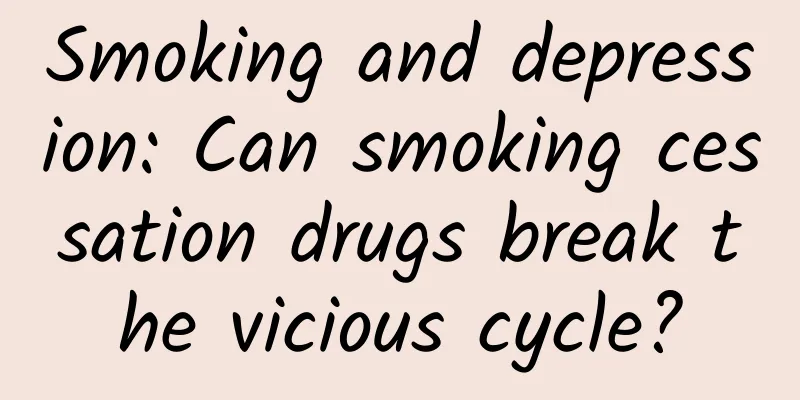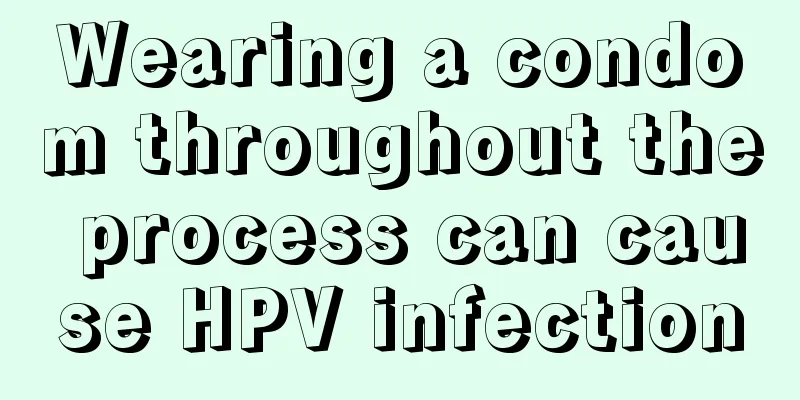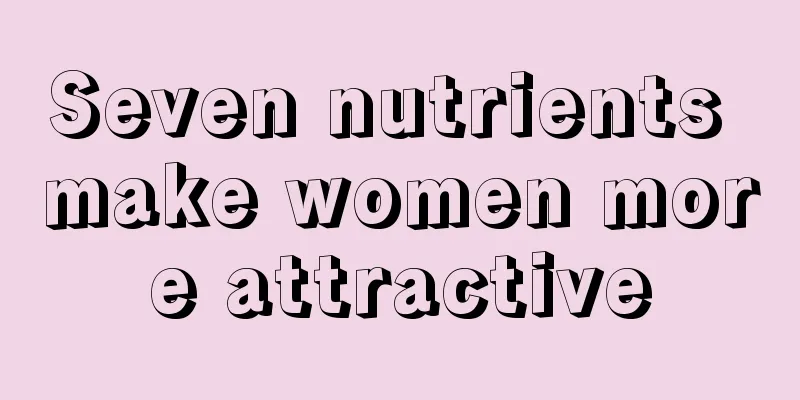Food Safety | Is it healthy to not eat after noon? It’s not too late to understand it clearly

|
Many people think that not eating after noon is healthy and can help lose weight, but scientifically speaking, not eating after noon is not healthy and is not suitable for ordinary people. The pattern of three meals a day was formed in the process of human continuous evolution and is in line with the normal physiological needs of humans. The stomach needs to be emptied every 4-6 hours, which not only prevents hunger but also ensures the supply of nutrients to various organs of the body. The "no food after noon" eating method will keep the stomach empty for at least 18 hours, while gastric acid is continuously secreted, and the secretion reaches a peak at night. If there is no food in the stomach to neutralize the gastric acid, it may irritate the gastrointestinal mucosa, leading to gastritis, gastric ulcer or duodenal ulcer, and symptoms such as heartburn and stomach pain. In addition, the energy intake from dinner is generally 30%-40% of the total daily intake, and it is an important source of energy and nutrients for the day. Buddhists or practitioners adopt the "no eating after noon" dining method, generally living a life of early bedtime and early rise, and a pure mind and few desires. "No eating after noon" itself is also a kind of practice for them. Therefore, from a nutritional point of view, "no eating after noon" is not recommended. If people blindly adopt "no eating after noon", it will cause insufficient intake of energy and nutrients. In the long run, hypoglycemia, dizziness, decreased resistance, muscle loss, emotional problems, etc. may occur, which will seriously affect our health. The "no eating after noon" eating method is especially not suitable for patients with diabetes, patients with gastrointestinal diseases and the elderly. Because regular meals are the dietary principle of patients with diabetes, in order to avoid fluctuations in blood sugar, patients who use insulin or hypoglycemic drugs who adopt the "no eating after noon" approach are likely to suffer from dangerous hypoglycemia or diabetic ketoacidosis. "No eating after noon" is also not suitable for patients with gastrointestinal diseases. For example, patients with gastritis, gastric ulcers, duodenal ulcers and other stomach diseases, because their gastrointestinal function has been damaged, so regular meals are particularly important. It is best to eat small meals frequently and avoid fasting for long periods of time to prevent further damage to the gastrointestinal mucosa by gastric acid. In addition to diseases, the elderly often suffer from nutritional deficiencies due to the deterioration of their body functions and decreased digestive function, such as osteoporosis and muscle loss. Both of these problems require adequate nutrition to maintain, especially protein and calcium supplementation. If you adopt the "no food after noon" eating method, it will lead to insufficient energy and nutrient intake for the day, and protein and calcium intake will inevitably be insufficient, which will be detrimental to maintaining the health of the elderly. From a health perspective, "not eating after noon" is not recommended. Even though there are studies that have confirmed that intermittent fasting is good for health, it is not the same as "not eating after noon". For example, 16:8 intermittent fasting is somewhat similar to "not eating after noon", that is, you can eat within 8 hours a day and not eat for the remaining 16 hours, but this method is essentially different from "not eating after noon". Although 16:8 intermittent fasting fasts for 16 hours a day, the remaining 8 hours must take in all the energy and nutrients needed for the day, while "not eating after noon" advocates eating only two meals, reducing dinner and reducing energy intake. If this way of eating is adopted, it needs to be done under the guidance of a doctor, and it is not suitable for everyone. The healthy and scientific approach is to eat less after noon, which means putting most of the energy and nutrient intake in breakfast and lunch, and eating less dinner, eating early and light. Expert interviewed: Ding Bingjie, deputy chief physician of the Nutrition Department of Beijing Friendship Hospital affiliated to Capital Medical University |
<<: Will drinking edamame cause bone deformation? These things are the culprit
>>: Acupoints for health | If you suddenly have stomachache, massage Zusanli and Zhongwan
Recommend
How long does it take for a cervical cyst to turn into cancer?
There are many reasons why women have gynecologic...
What happens if a girl hasn't had sex for a long time?
Nowadays, many women face a lot of pressure in li...
Which direction is the best for the head of the bed? What direction is not good for the head of the bed?
We all know that when many people move, they will...
How to lose weight when you have your period?
Losing weight can be said to be a lifelong career...
Cervical cancer life expectancy
Generally speaking, cervical cancer is a relative...
How much is hcg in one week of pregnancy
To determine whether you are pregnant, you mainly...
A brief discussion on the subjective initiative of patients with cerebral apoplexy
Stroke can affect a person's ability to funct...
Hiccups in early pregnancy
Hiccups in the early stages of pregnancy are caus...
What to do if menstrual blood cannot be discharged
The menstrual period is a very troublesome time f...
Disadvantages of eating oysters for women
Eating oysters is very helpful for male sperm act...
What Chinese medicine is good for gynecological diseases? Teach you 5 Chinese medicine formulas
Many people think that Chinese medicine has basic...
What should I do if I have diarrhea during menstruation?
Many female friends will experience diarrhea duri...
Monkeypox has been imported into Asia! A picture to understand the "true face" of monkeypox
Since May this year, monkeypox has broken out in ...
In-depth analysis: Dietary conditioning and nursing points for patients with respiratory diseases
Respiratory diseases are a major medical problem ...
Workers can't escape shoulder and neck pain. Try these 5 methods to relieve shoulder and neck fatigue
Sitting for a long time, looking at the computer,...









